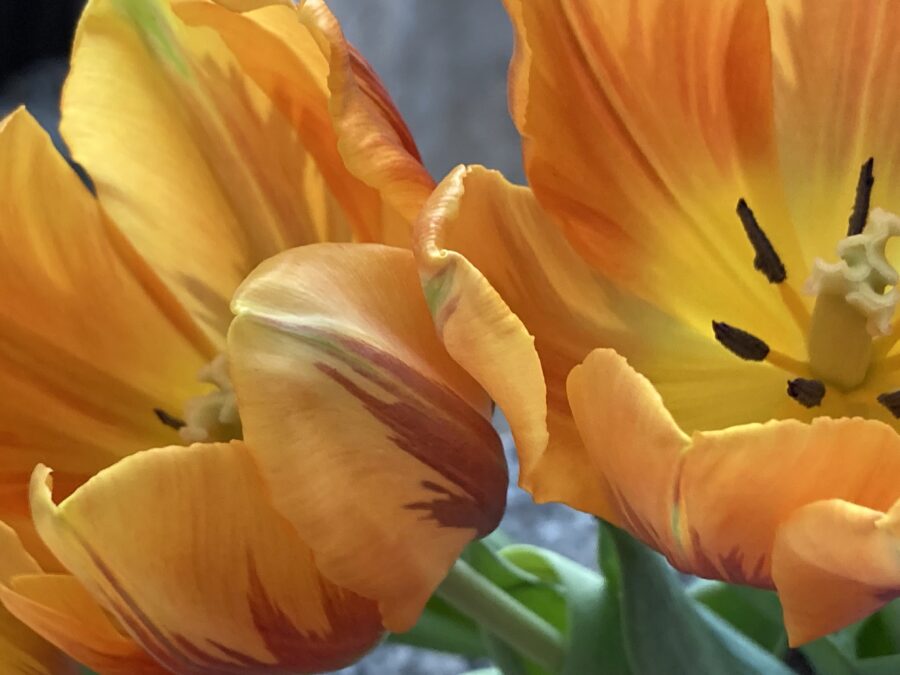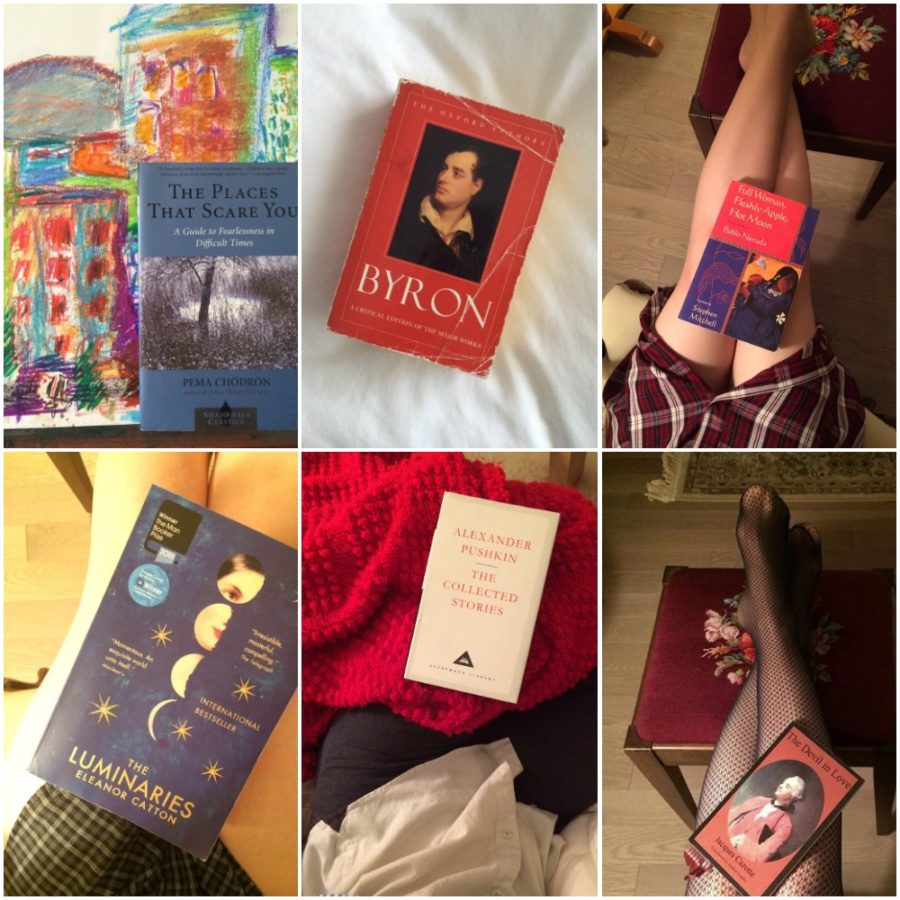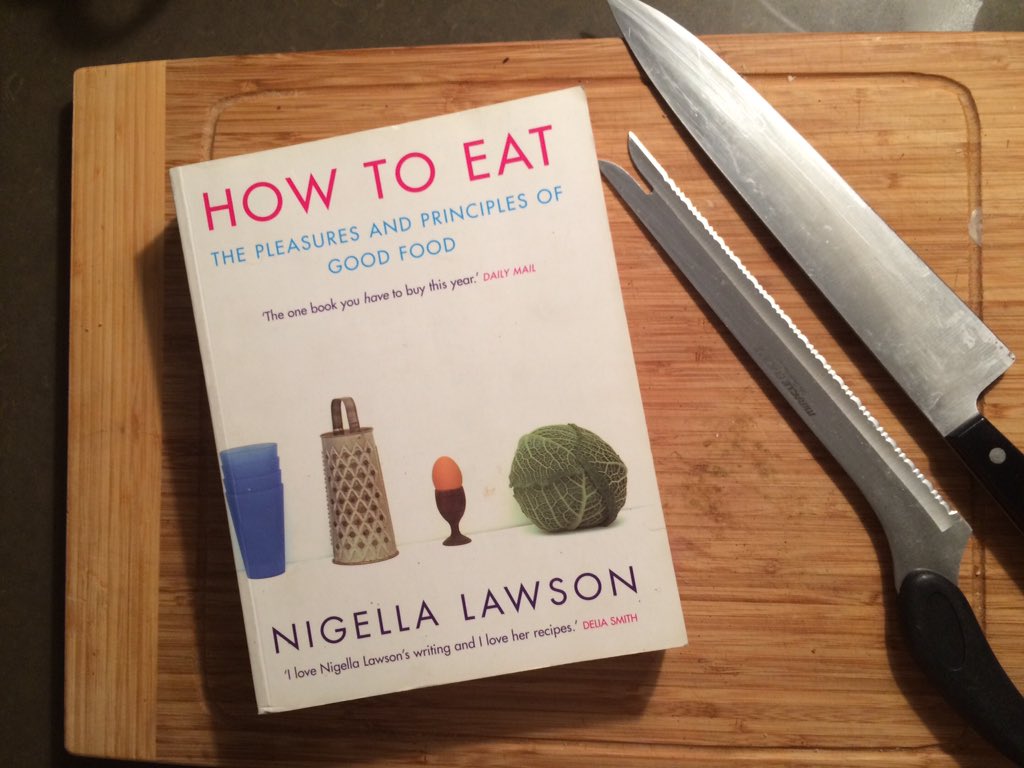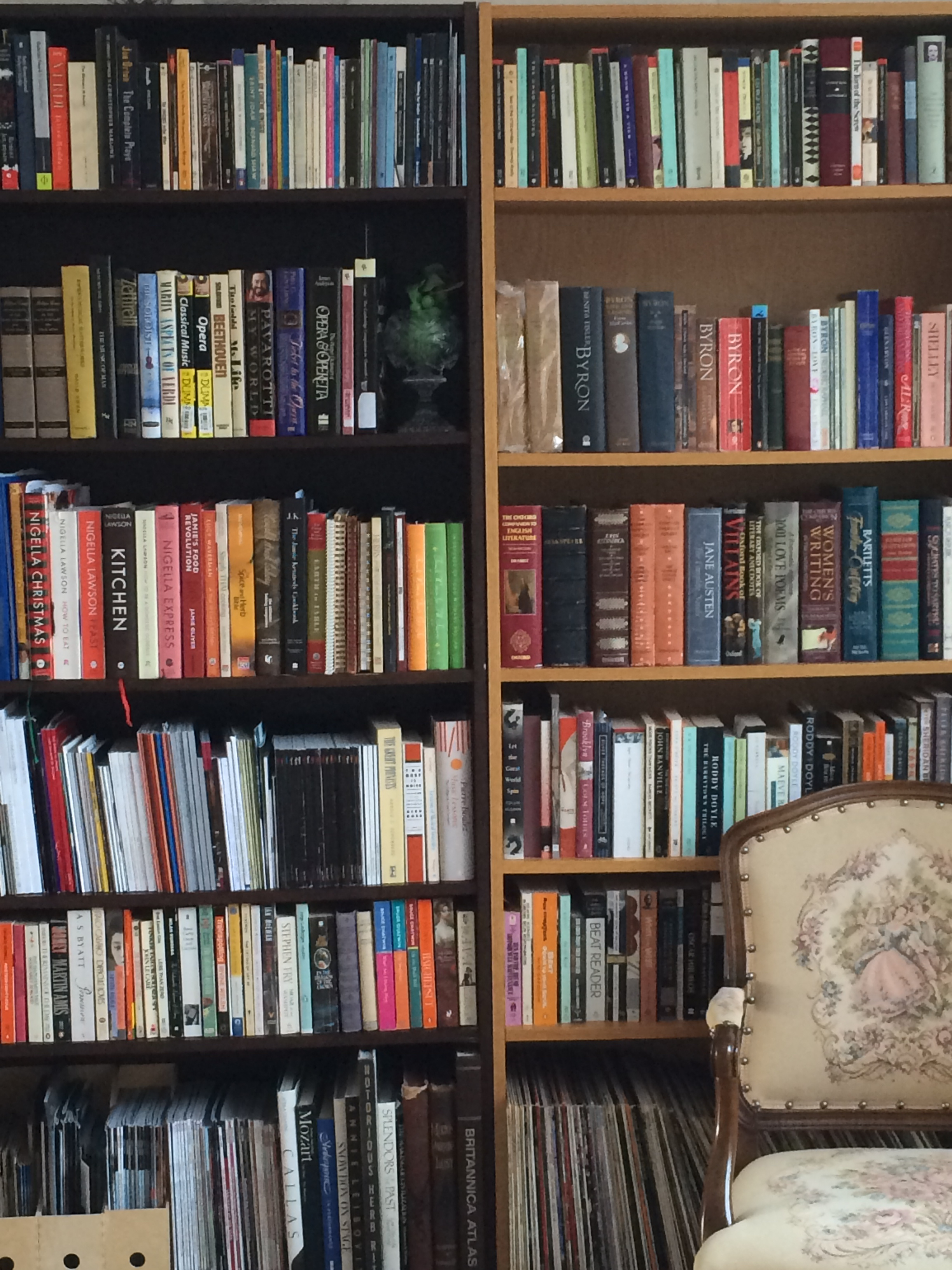Another university term has wrapped and I am still busy, largely with self-initiated things including interviews, chases, planning, and (as ever) copious amounts of study. Herein, a few things that have caught the attention, inflamed the imagination, cocked my head and furrowed my brow; I may have smiled once or twice also. Voila, news, views, musings, questions, reprimands, and previews… April showers bring what? We shall see.
This week: A series called “Opera and Democracy” has been unfolding in an assortment of locales throughout Manhattan. Presented by The Thomas Mann House and musicologist Kai Hinrich Müller (also a 2023 Fellow of the organization), the series hopes to explore “how the opera can contribute to diverse and inclusive societies” and uses Berlin’s Krolloper as a symbol of both art and politics. (Built in 1844, the facility became an opera house in 1851 and eventually served as the assembly hall of the Reichstag from 1933 to 1942; it was demolished in 1951.) The topics of the series, according to the website, include “aspects of the democratization of opera, to questions of power and representation, new formats, casting and programming policies, audience expectations as well as to academic challenges and opera’s ability to amplify the voices of silenced or persecuted artists.” The series has already hosted themed conversations in Los Angeles and Munich. Its next events happen next month in Dresden, with June’s week-long online series exploring involving the Black Opera Research Network (BORN). I’ve put out a request to speak with Müller about this – fingers and toes crossed for a future feature on a timely topic.
Later this month: Dame Felicity Lott will be performing at London’s Institut Français on April 30th as part of a screening of Jean Cocteau’s first film, the 1930 avant-garde work The Blood of a Poet (Le sang d’un poète). Considered a masterpiece by Russian director Andrei Tarkovsky, the film is the first installment in The Orphic Trilogy (subsequently followed by Orphée in 1950 and Testament of Orpheus in 1960), which explores themes of identity, creativity, fame, and the unconscious. Lott’s performance (happening after the screening) will be accompanied by composer Jason Carr, with whom she has worked extensively; the appearance is part of the Institut’s broader series celebrating the work of French composer Georges Auric (1899-1983). Cocteau’s film includes a rather perfect line for classical watchers: “Those who smash statues should beware of becoming one.”
Next month: If you don’t know the music of Maria Herz (1878-1950), you might – soon. Born in Köln to a music-loving family, Herz and her family eventually moved to England in 1901 because of the rising tide of antisemitism in her homeland, though they would return in 1914 and be forced to stay. After her husband’s premature death in 1920, she would use his first name in her compositions, in order to, as website Music And The Holocaust puts it, “gain a foothold in her male-dominated profession.” By 1934 she had produced over 30 works, though only five of her songs (as well as her arrangement of a Bach Chaconne) were published during her lifetime. She died in New York City at the age of 72. Much of her music sat forgotten in drawers until grandson Albert Herz’s heroic efforts in Switzerland; he would go on to donate it to the Zurich Central Library. In 2015 Herz’s music became a permanent part of the Zentralbibliothek Zürich’s music department. As publisher Boosey & Hawkes recently announced, a new recording is on the horizon. Set for release in May via Capriccio Records, the album will feature Herz’s Concerto for cello and orchestra Op. 10 (soloist Konstanze von Gutzeit), Concerto for piano and orchestra op. 4 (soloist Oliver Triendl) and various orchestral works, all performed by the Rundfunk-Sinfonieorchester Berlin under the baton of Christiane Silber.
Carving up space
London’s Southbank Centre recently announced a new festival based on Kate Molleson’s book Sound Within Sound (Faber & Faber, 2022). I interviewed Molleson not long after the book’s release with relation to a feature I was writing for The Globe & Mail on changing ideas of the classical canon. The festival, named after the book, runs 4 to 7 July and places its spotlight on the ten composers Molleson identifies in her book, ten artists whose work has, for various reasons, flown well under the radar – until now. The festival will include concerts, installations, stories, DJ sets, and recitals, including pianist Siwan Rhys performing Galina Ustvolskaya’s harrowing and extremely timely Piano Sonata No. 4 in 4 parts (1957), Piano Sonata No. 5 in 10 movements (1986), and Piano Sonata No.6 in 1 part (1988). You might feel yourself walking out of the Purcell Room in pieces following the performance, but then, it’s up to you to put them back together again in a way that makes sense with every other musical morsel – and maybe that’s the whole point of the festival.
Speaking of pieces and morsels: butchers have been on my mind, thanks to a thoughtful essay at Longreads. Along with a fascinating history, author Olivia Potts gets meaty (pun intended) input from a variety of people in the industry, many of whom left careers in other areas. This element has a special personal significance – I considered this very path over a decade ago; my opera-loving mother said I would probably make a good butcher indeed but for my small stature, not – as the author points out – that this is an entirely insurmountable thing. The feature immediately brought to mind other industries, ones with overwhelmingly male leadership and/or overwhelmingly clubby, insular attitudes. (I’ve mused on this theme frequently in the past, most recently in last month’s reading list.) Among the many brilliant observations and direct quotes, one section particularly stands out to me:
“It feels axiomatic to say that those who come from outside an established or “validated community of knowers” will find it significantly harder to both acquire knowledge and have that knowledge recognized than someone whose path is a well-trodden one. One of the most common ways of excluding non-traditional entrants to an industry is to be dismissive of them. This idea of being “taken seriously”—often those exact words—comes up again and again in the butchers I speak to about women in the trade.” (“The Women at the Cutting Edge of Butchery“, Olivia Potts, Longreads, 15 February 2024)
Shut your (my) filthy (rich) mouth…
Still in the non-conformist (or is it?) category: Theatre writer Lyn Gardner has written a chewy column for The Stage explores the rise of self-censorship in both organizational and individual aspects. I long for something to be added here around the normalization of false equivalence – how and why some views are given equal weight when they are not clearly not equal – and on the proliferation of hate speech, particularly within the realm Gardner points at as being the most problematic (social media), and how that proliferation has leaked into current cultural discourse. She does touch on an important aspect to all of this – money – and the role of funding bodies, but I wonder to what extent so-called “cancel culture” (whose popularization has made a tiny handful of tech people very rich) actually informs real programming decisions. After all, the moral authority to which she alludes doesn’t come cheap, and it largely flies out the window to keep the money rolling in; ever has it been thus. That tendency is more pronounced now that revenue sources are becoming increasingly scarce. Gardner’s mention of her students not knowing about Britain’s history of theatre censorship is somehow both depressing and unsurprising. (“Self-censorship doesn’t only silence voices but erodes moral authority“, Lyn Gardner, The Stage, 8 April 2024)
… but do speak up
The GVL (Gesellschaft zur Verwertung von Leistungsschutzrechten) is conducting a survey on the state of the German music industry. The survey is intended for artists who are either self-employed or active in the music industry and based in the country. Responses are due by no later than 19 May 2024. Co-founded in 1959 by the German Orchestra Association and the German wing of the IFPI (International Federation of the Phonographic Industry), the GVL represents the interests of both producers and performing artists related to audio recordings, as well as ancillary rights through different forms of media. Machen Sie mit!
Hallo Medien
Amidst recent German media speculations regarding the current situation at Bayerische Staatsoper, its multi-award-winning in-house record label (BSOrec) is not mentioned once. Am I the only one who finds this strange? The label, founded in 2021, has so far released ten acclaimed audio and visual works, the most recent being last autumn’s recording of Mendelssohn’s Elias led by former company leader Wolfgang Sawallisch and captured live in 1984. Does media (local and international, equally) not consider BSOrec part of the musical ecosystem of the house (or city)? The exclusion is particularly galling if one considers the excitement such releases tend to generate globally; as well as being good for ears and eyes, they further the branding of the organization, and, more broadly, that of Bavaria overall – something Markus Blume must surely be aware of (we hope). Furthermore: why is the label’s work so under-promoted by the house? Why are there no related online updates – ones that might impress Herr Blume and demonstrate an interest in engaging with the wider public? Does Guido Gärtner need to come back from Bremen?
Lebeswohl, Scheiße
Writer Anne Midgette has penned an open letter to the musicians and administrators of the Philadelphia Orchestra, the Curtis Institute, and what she terms “other classical music organizations and orchestra musicians’ collectives.” The letter is a response to their posted expressions of solidarity with relation to an article by Sammy Sussman in New York Magazine detailing the 2010 rape of New York Philharmonic horn player Cara Kizer by two fellow musicians and its horrific aftermath; since the article’s publishing, the two are, as of 16 April, are no longer rehearsing or performing with the orchestra. Midgette takes aim at the statements of support posted by the Philadelphia Orchestra and the Curtis Institute (along with those unnamed others) for their rampant hypocrisy, something I’m not sure she would have been able to do with such clarity in her former position as classical critic with The Washington Post. Along with the force of her prose, Midgette provides stellar links and digital trails. I have met many people who intensely dislike Midgettes reporting, the #MeToo movement, what they feel she represents and supports – dislike these things as much as you wish, but you cannot deny Midgette excels at bringing the damn receipts.
Coming soon:
This weekend you can read my recent conversation with New Zealand Opera General Director Brad Cohen. The company’s first-ever New Opera Forum takes place next week (22-26 April) with composer Jonathan Dove, librettist Alasdair Middleton, and baritone Kawiti Waetford. The company recently opened their production of Dove’s 2011 chamber opera Mansfield Park – the work’s libretto is by Middleton and based on the 1814 novel of the same name by Jane Austen. Cohen and I had a fulsome discussion in which he offered thoughts on what opera can and should be in 2024, for artists as much as for audiences.
This sense of possibility is one of the things I’ll be exploring in an upcoming exchange with Renaud Doucet and André Barbe. The busy director-designer duo have two productions on the go right now, in Liège (Debussy’s Pelléas et Mélisande) and Toronto (Donizetti’s Don Pasquale); their 2019 production of Mozart’s Die Zauberflote in Glyndebourne (which I previewed in Opera Canada magazine) incorporated aspects of real-life hotelier Anna Sacher into its dramaturgy. The last time was at the start of the coronavirus pandemic, when the pair had made a dramatic escape from Venice; this time will (we hope) be a bit less dramatic.
In the meantime, remember the c-word– and use it. 🙂




